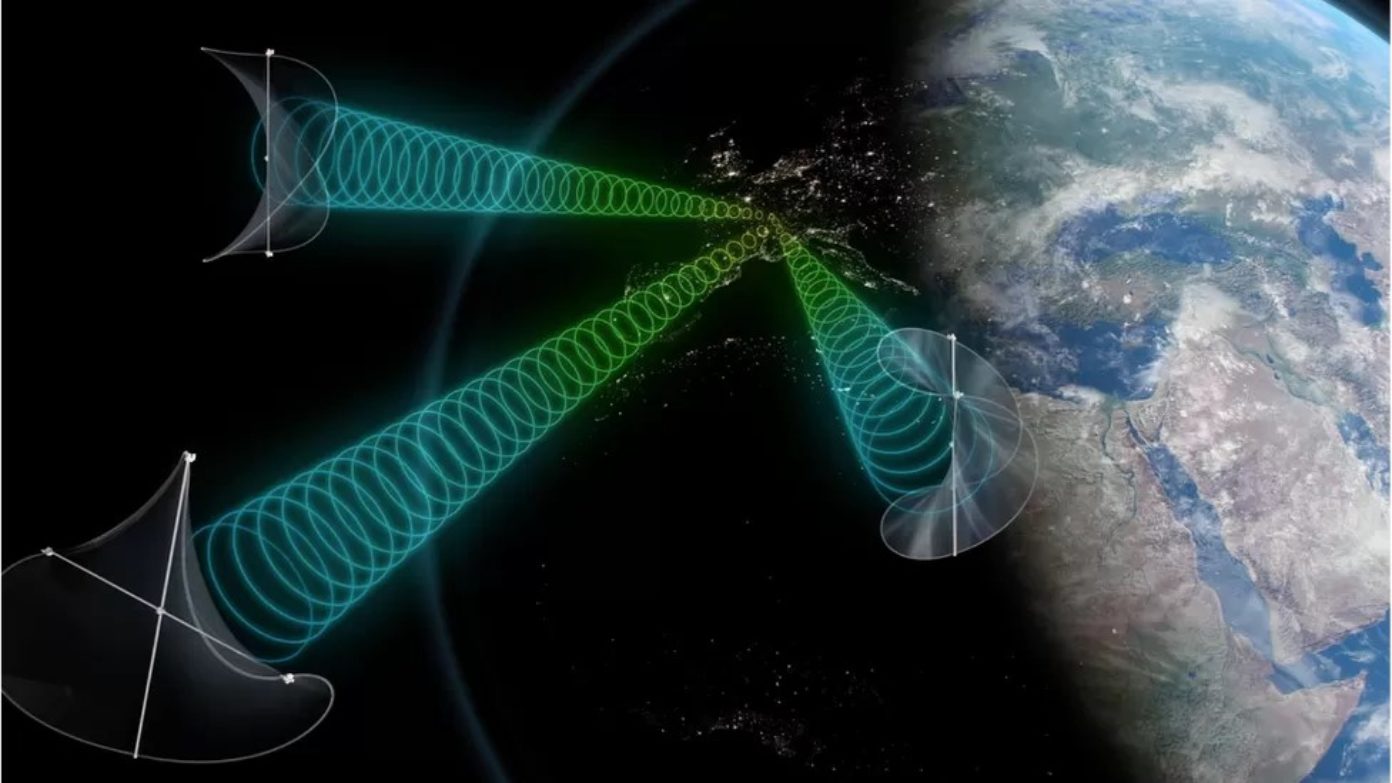Europe to Fund Study on Beaming Solar Energy From Space
The European Space Agency (ESA) this week agreed to fund a study testing whether huge space-based solar farms could be cost effective. The SOLARIS project proposes converting sunlight collected in space to microwave energy, before transmitting it to the earth's surface.

Facts
- The European Space Agency (ESA) this week agreed to fund a study testing whether huge space-based solar farms could be cost effective. The SOLARIS project proposes converting sunlight collected in space to microwave energy, before transmitting it to the earth's surface. Researchers will thus run trials over three years to see if electricity can feasibly be beamed wirelessly into millions of people's homes from orbit.
- Energy from sunlight can be far more efficiently collected in space as solar panels are not obscured by clouds and, unlike on earth, there is no night. ESA's director general Josef Aschbacher has said that such collection could be an "enormous" help to tackle future energy shortages, but it is only one of several options being discussed.
- Separate proposals have been made by the UK. The nation is likely intent on utilizing some £6M ($7.27M) in funding that has been made available to develop Space Based Solar Power (SBSP) to help Britain reach its net zero targets.
- Recent trials have shown that the fundamentals of SBSP can be used successfully. A demonstration at Airbus' X-Works Innovation Factory in Germany transmitted electricity in the form of microwaves from a photovoltaic panel across 36 m (118 ft).
- Estimates from the ESA and other external sources have recently reported that a working solar satellite capable of producing as much electricity as a 2GW power station could be in use by 2040, though the achievement would require significant funding and greater political support.
- Funding for the SOLARIS project was agreed at a Nov. 22-23 conference in Paris, which saw members states commit a total budget of €16.9B ($17.58B) for various projects over five years. €2.7B ($2.81B) will be allocated for human and robotic space exploration, including Europe's first Mars rover mission, and €3.2B ($3.33) will be dedicated to the agency's scientific program.
Sources: BBC News, Newsbud, Space, Greekreporter, and Nature.
Narratives
- Narrative A, as provided by Independent. This is not only a technological triumph — considering the climate and energy crisis currently faced by the world, SBSP could also be a key part of the solution to the greatest global problem of this generation. The SOLARIS proposal could well make Europe a leader in the pursuit of scalable clean energy solutions.
- Narrative B, as provided by Aspistrategist. This is not only about technology or renewable energy — growing interest in SBSP is down to international competition when it comes to climate-related goals. China has become increasingly interested in SBSP, and the international pursuit of the technology reflects an increasing militarization of space and, more broadly, military dominance.






